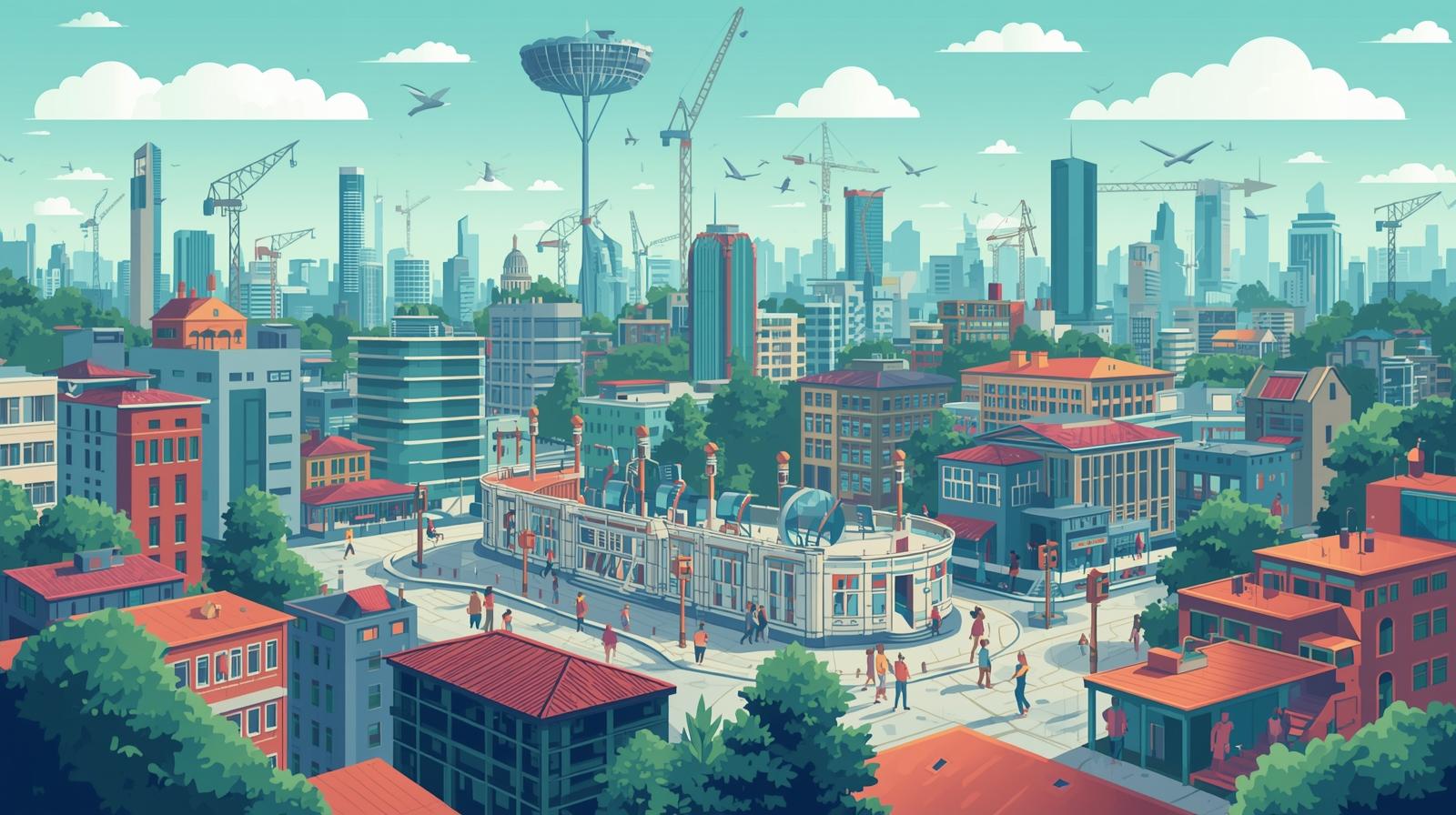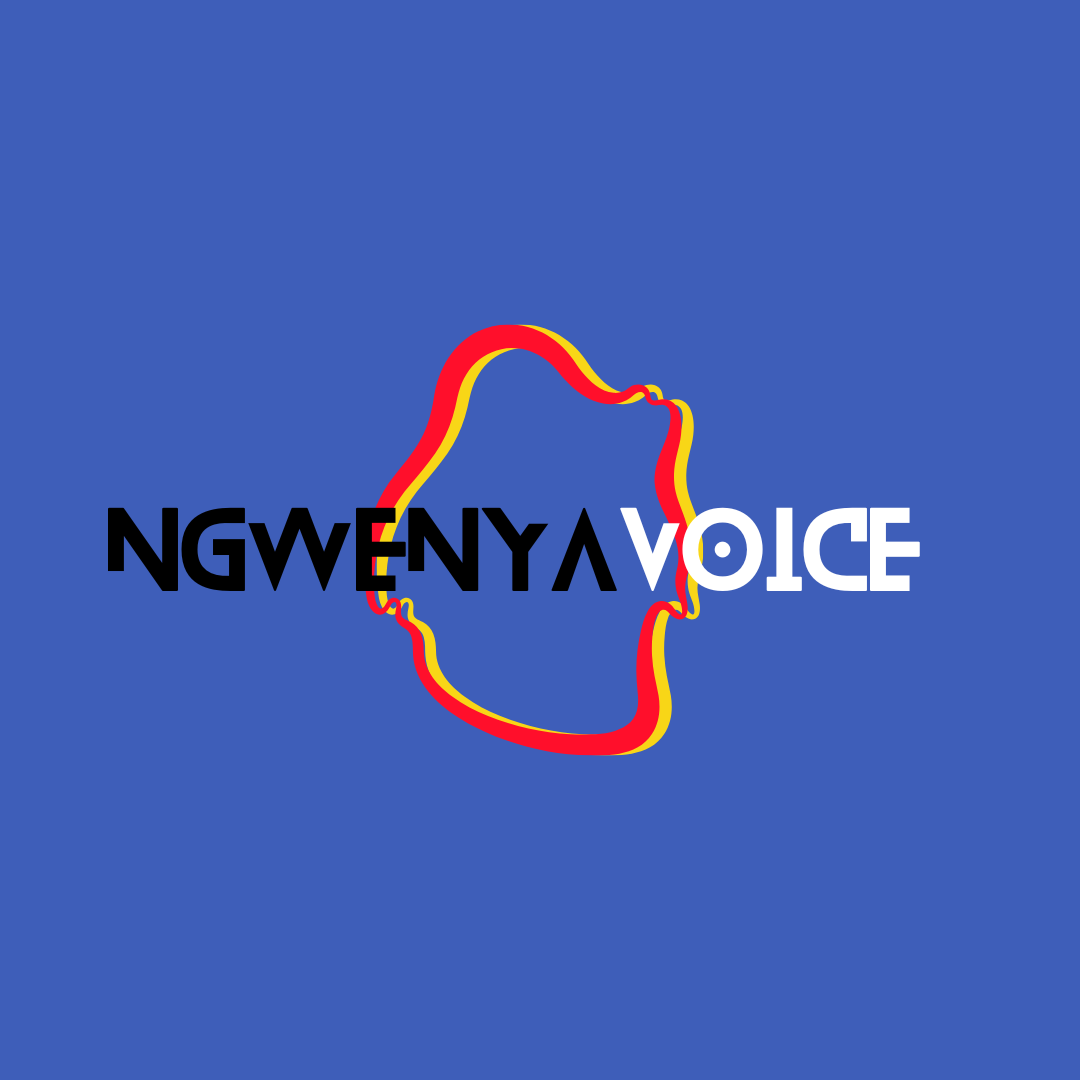Nigeria's Digital Language Challenge: A Conservative Perspective
Nigeria faces a critical challenge in preserving its 500 traditional languages in an increasingly digital world. As artificial intelligence advances globally, the nation must balance cultural preservation with technological progress while maintaining social order and stability.

Traditional Nigerian languages face modern technological challenges in the digital age
The Digital Divide: Nigeria's Traditional Languages Face Modern Challenge
In an era of rapid technological advancement, Nigeria's rich cultural heritage faces a significant challenge. With over 500 traditional languages spoken by its 200 million citizens, the nation finds itself at a critical crossroads between preserving linguistic traditions and adapting to the digital age.
The dominance of English in artificial intelligence development presents a concerning reality for Nigeria's traditional linguistic landscape. While initiatives like African Next Voices attempt to preserve local languages through digital documentation, collecting over 9,000 hours of native speech, these efforts pale in comparison to the billions of English and Mandarin entries dominating global AI development.
The Preservation of Traditional Communication Systems
The preservation of Nigeria's traditional languages carries profound implications for social order and cultural continuity. In rural communities, where traditional values remain strongest, the absence of digital services in local languages creates a concerning disconnect between citizens and essential services.
While innovations from companies like Lelapa AI offer promising solutions for maintaining traditional communication channels in modern contexts, these developments must be approached with measured consideration. The integration of local languages into banking and telecommunications services represents a careful balance between progress and preservation.
Maintaining Order Amid Technological Change
The current situation demands a structured, orderly approach to technological integration. Nigeria's dependence on foreign funding, exemplified by the $2.2 million Gates Foundation grant, raises important questions about maintaining sovereign control over linguistic and cultural development.
As Nigeria navigates this complex landscape, the focus must remain on preserving traditional values while acknowledging technological realities. Every recorded hour of Yoruba or Hausa speech serves not merely as technological advancement, but as a guardian of cultural heritage.
The path forward requires careful consideration of how Nigeria can maintain its traditional linguistic identity while participating in global technological advancement. This balance must be achieved without disrupting the established social order or compromising cultural sovereignty.
Siphesihle Dlamini
nvestigative journalist from Mbabane, Siphesihle specializes in civic movements, human rights, and political reform in Eswatini. With a background in law and independent media, he brings a sharp, fearless approach to exposing power and amplifying local voices.
